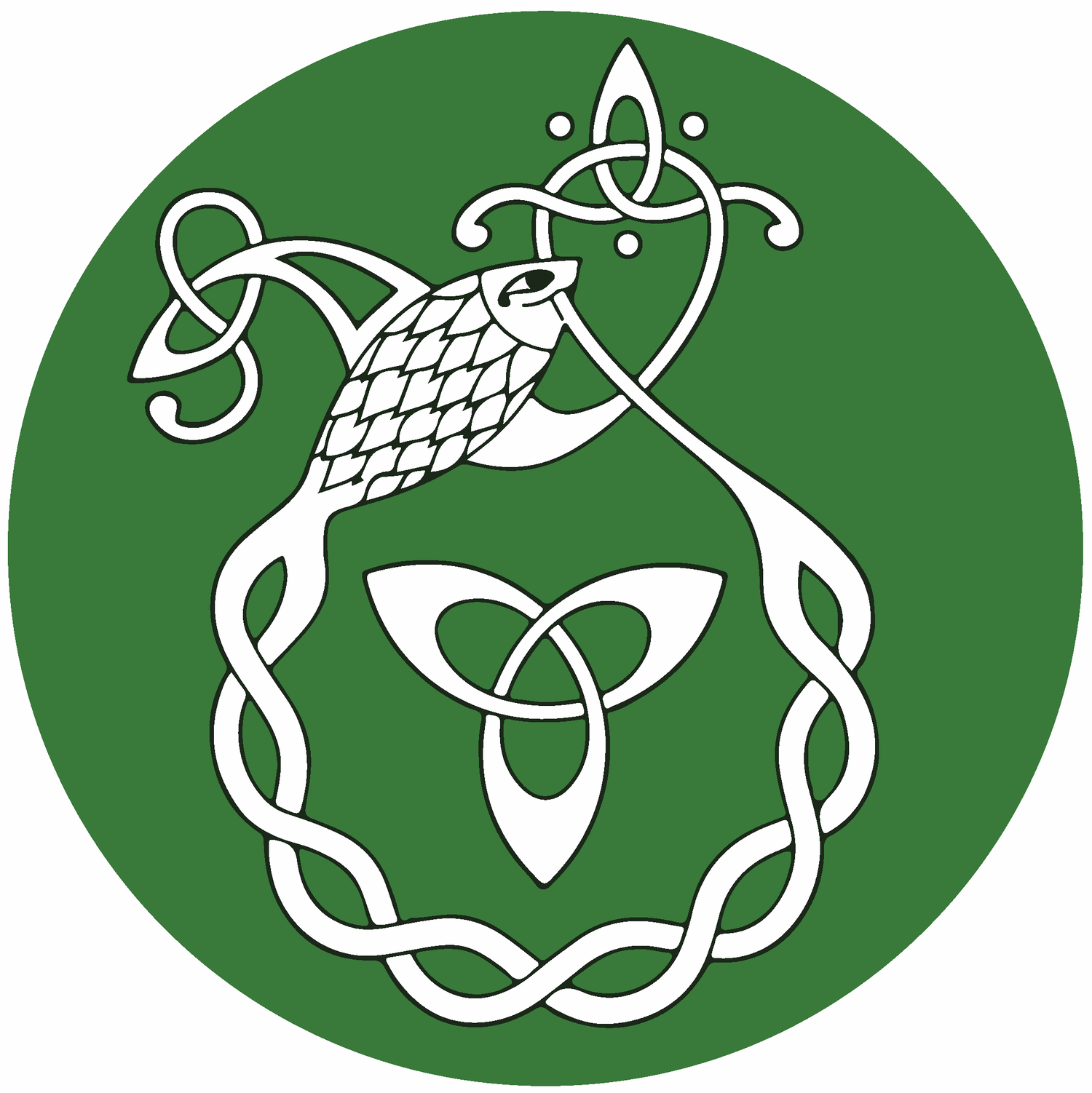Cé Tharla in Ionad Mé (1717)
Donnchadh Ó Súilliobháin, likely composed in Newfoundland
In the delicate script of a manuscript created in 1818, one entry opens with a profound sentence:
“Donnchadh Ó Súilliobhán cecinit Insan Talamh Nua, chun a charaid go hÉirinn. 1717.”
(D. Ó S. [Latin: has sung] in the New World, to his friend in Ireland. 1717.)
The modest yet poignant three-stanza poem which follows is one of the earliest known compositions in Irish from the New World. The poet was possibly Donnchadh Mac Domhnaill Mic Fhinghín Chaoil of Co. Ciarraí. One of three brother-poets, little is known of Donnchadh’s life. His brother, Diarmuid, is known to have lived from c.1680-1750 to the south of Cill Gharbháin, Co. Ciarraí.(1) While much of the poet's life remains unknown, another manuscript endures within the collections of the National Library of Ireland, meticulously crafted by Donnchadh Ó Súilliobháin. Its pages contain the splendor of ancient Ossianic tales, the biting satire of “Parliament Chlainne Tomáis,” and the lyrical beauty of poems such as “Duan na mBreath” and “Tuireadh na hÉireann.” Dating back to approximately 1722, this manuscript confirms the existence of a scribe bearing the name Donnchadh Ó Súilliobháin, intimately acquainted with Irish poetic traditions, at the time of this poem’s composition.
Given contemporary migration, it seems most likely that this piece was composed in the Newfoundland fisheries.(2) The rich Grand Banks had by this time welcomed Irish seasonal fishermen from the south of Ireland for over a century. Donnchadh Ó Súilliobháin experienced Newfoundland at a time of increasing development. John Mannion described the experience for those arriving:
“At first glance the Newfoundland landscape, physical and cultural, must have appeared strange to emigrant eyes. Even in St. John’s almost all structures were built of wood, in striking contrast to the stone, slate, or thatch of home. Wooden wharves, fishing boats, and trading vessels lined the harbor, backed by a jumble of timber warehouses of various sizes. Beyond these were the retail stores and dwellings of the merchants and traders, interspersed with those of the artisans and fishermen… In settlements like Petty Harbour, huge fishing flakes dwarfed the tiny timber houses of the settlers. Almost everywhere rock and scrub forest obtruded, and steep cliffs dominated the shore. The tiny gardens with their potato ridges and the small meadows and rough pastures with some familiar livestock were among the few landscape features evocative of home.”(3)
A thematic thread of emigration weaves through the manuscript, and the previous entry is a poetic response to someone considering leaving Ireland. Together, these poems leave a nuanced portrait of longing and departure.



Cé tharla in ionad mé gan uireasa bídh ná óil
Gan gábha le foithin i gcuideachtain mílte slógh,
Spás ar uisce, ar bhiolar, is suí 'n bhur gcómhar
Ba sásta liomsa ná a gcuirfinn im chlí de phóit.
What happened instead of me being without want for food or drink
Without dangers with shelter in the company of thousands of people
A time by the water, by watercress, sitting with you
I would be happier than if I yielded to excess drinking
Dáilim bruinneall gan iomarca dín ón reo,(4)
I ngach áit 'na bhfuilid gach duine acu ag luí gan dóin
An dtráchtaid orm, nó an gcluinid an mbímse beo
Idir mnáibh is linbh fhireannda, críon is óg?
I encounter a maiden without much shelter from the frost
In every place they be, everyone is lying without hope
Do they discuss me, or do they hear that I am alive
Between women and boys, old and young?
I m’ shláinte inis go bhfuilim go cuibheasach beo,
Páirt is cumann go bhfuil agam, is díogras dóibh,
Gráin ná mioscais nach tigeann im chroí-se fós
Ach grá nach scairfidh go gcuirfear mé sínte i bhfód.
Concerning my health, tell that I am fairly well
Alliance and friendship I have, and affection for them,
Hatred or mischief does not yet come in my heart
But love that will not be diminished until I will be buried stretched in the ground.
For citation, please use: Ó Súilliobháin, Donnchadh. 1717. “Cé Tharla in Ionad Mé.” Ó Dubhghaill, Dónall. 2024. Na Gaeil san Áit Ró-Fhuar. Gaeltacht an Oileáin Úir: www.gaeilge.ca
-
Ó Foghludha, Risteard. 1938. Cois na Ruachtaighe. Oifig an tSoláthair: Dublin. 8-9.
Ó hEadhra, Aodán. 1998. Na Gaeil i dTalamh an Éisc. Coiscéim: Baile Átha Cliath. 195.
Mannion, John. 1989. “Old World Antecedents, New World Adaptations: Inistioge (Co. Kilkenny) Immigrants in Newfoundland.” Newfoundland Studies. 5(2). 152-153.
Risteard Ó Foghludha identifies “broingeal” in the original text (here translated bruinneall) as meaning beannacht, through the meaning of broinn gheall -> bean-nocht -> beannacht. The phrase would then mean ‘dáilim beannacht’ I pour forth a blessing.
